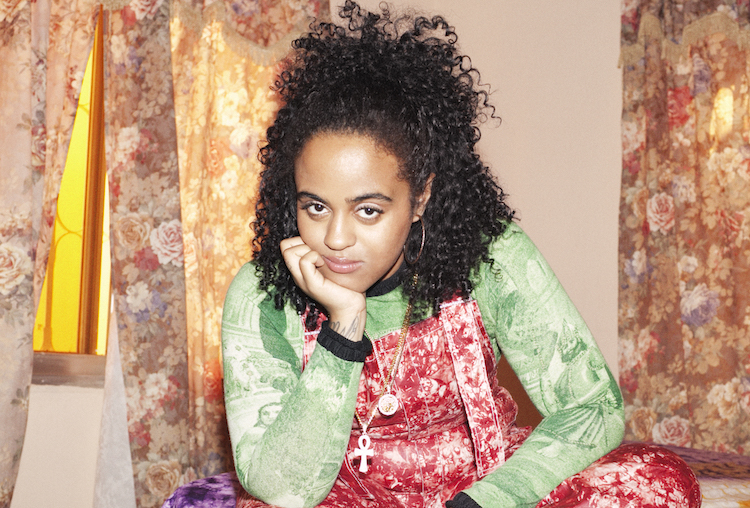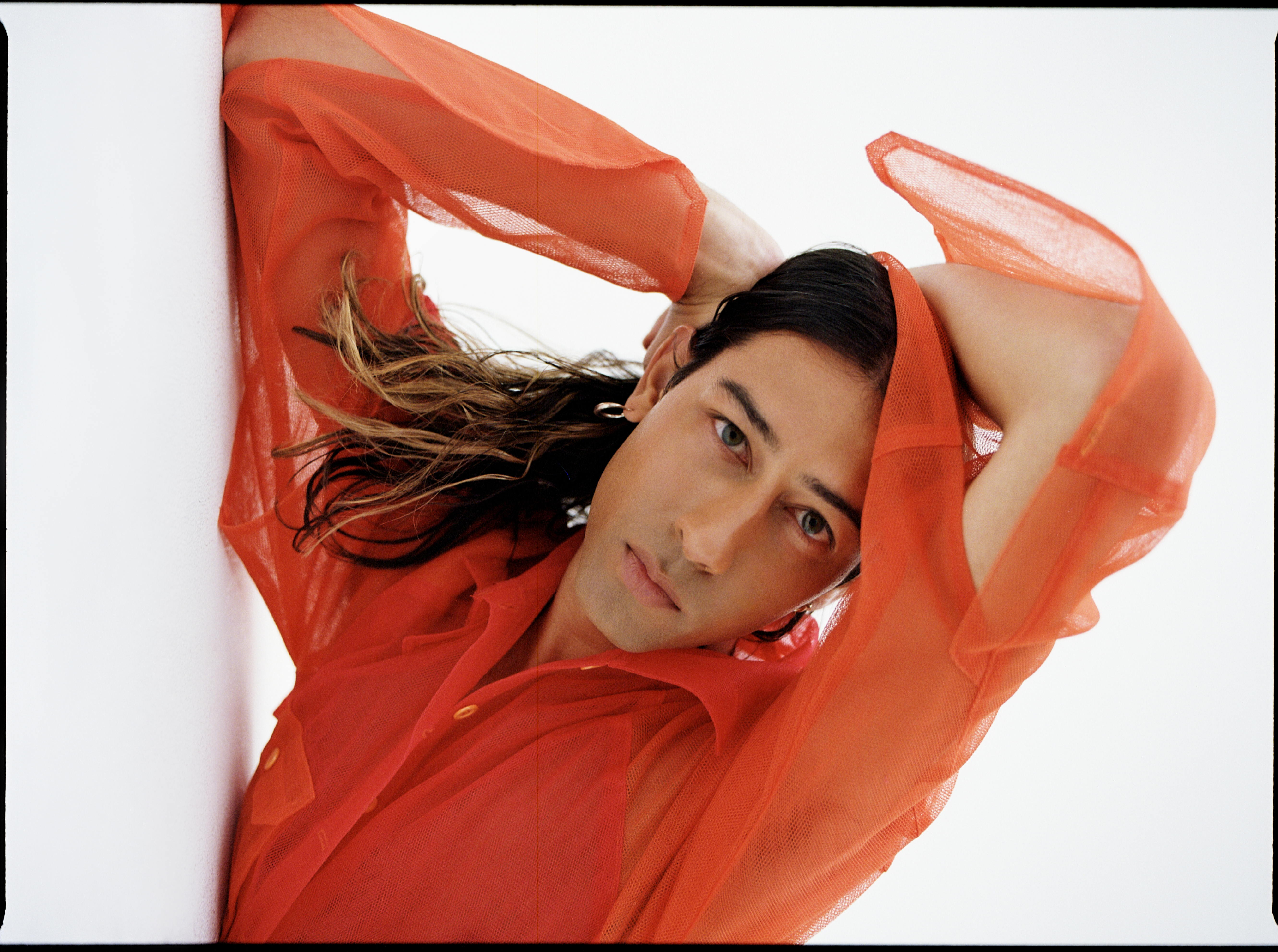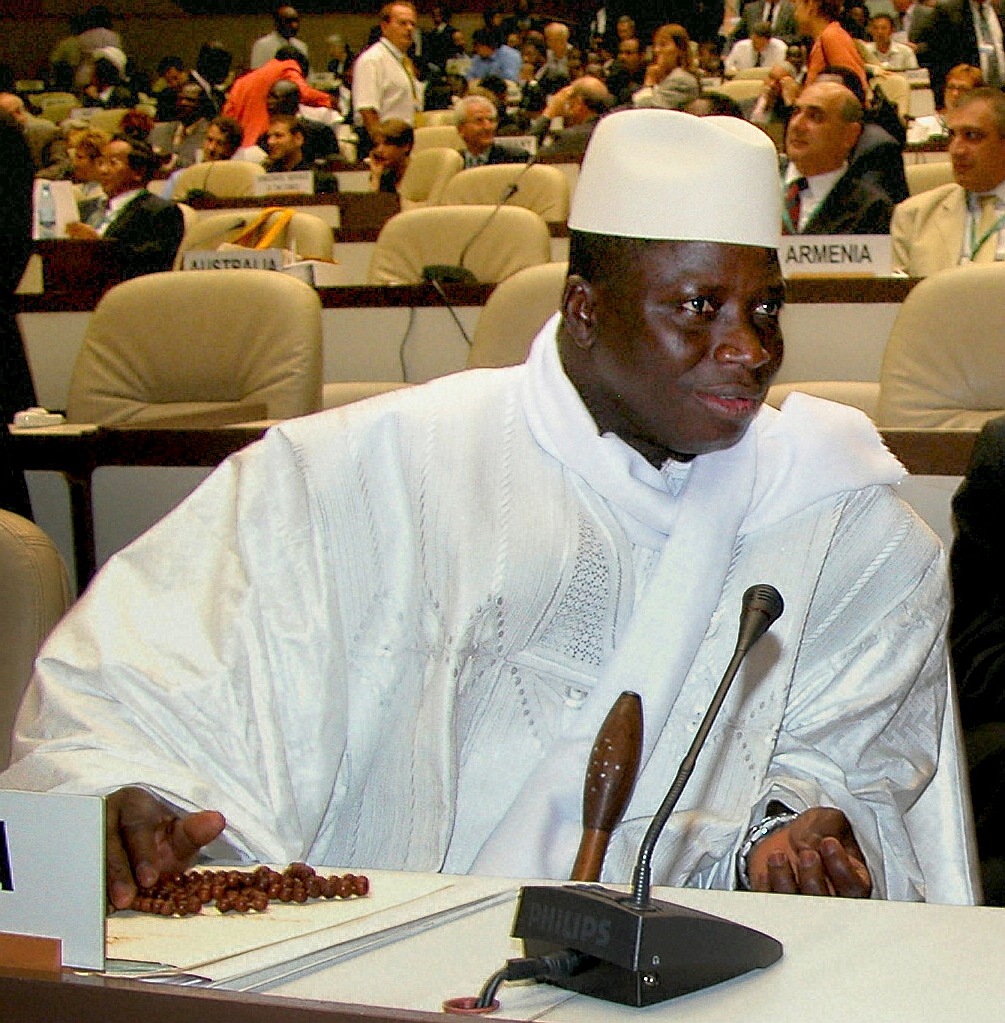
Seinabo Sey on finding her voice through trauma and tapping into her roots
Soraya Stanley
10 Sep 2018
Image by: Märta Thisner
It was the Kygo remix of Seinabo’s hit single, ‘Younger’, which catapulted her into the spotlight, bringing international attention to the Swedish singer. ‘Younger’ was the first single on her debut album, Pretend (2015), a versatile collection of pop-soul ballads, bound together by Seinabo’s rich and distinguished voice. Three years post-release, Seinabo is still remarkably grounded and open, with an enticing charm that makes for easy conversation. Although she is adamant that she “definitely sounds 200 years older, and is less afraid of fighting for things now.” It’s this strong-mindedness that manifests through her recently released track and video ‘I Owe You Nothing’, which oozes an undeniable inner strength. In the video, Seinabo looks defiant and strong, standing comfortably in her body, with her Gambian heritage taking centre place on our screen. It’s been a lengthy hiatus for Seinabo but she’s back with a bang.
gal-dem: Do you get much of a private life in Sweden?
Seinabo Sey: It’s funny because I have a friend who is much more successful than I am and she always tells me that it is all about the energy that you bring into a room rather than how you dress. There are times where I really wanna dress my best and bring that aura. I feel like I can decide how famous I am in life.
I bet a lot of people wish that they could switch their fame on-and-off, right?
I don’t get the obsession with fame – it is useless until you use it in the right way. Fame was never my intention, only to be successful in my music. There’s so many people who change lives, and do amazing things who aren’t famous!
It depends on what you want from your life, some people really enjoy the party, and image lifestyle of being a celebrity. Where do you feel that you fall on the spectrum?
I’m more of an introvert in that sense, but I love dressing up, so I’d only go out if I had like a cute outfit idea that I really wanted to try! I was at one party recently, and I was thinking that we could be in this room having the most interesting discussions, as we’re surrounded by diverse people who are really good at what they do, but then we always end up just talking about superficial things.
It is good then to strike a balance, where you can be both lowkey and glam at the same time, without getting swept up in it all?
Yeah, I also know that as a songwriter, I can’t write unless I am actually experiencing life. I am not as involved in real life as a regular person, which does sometimes block my writing!
I often hear singers and songwriters bemoan that their material is best when they’re at their worst, which is so cynical!
I know – it’s depressing! I always think of how my different traumas really shaped my first album, but it is sad that we have to be in pain to make great art. Although for me my best material is not when I’ve been in a bad place, but when I have come out of it, and I have more balanced thought.
Listening to you speak about all this, I feel like this completely summarises how you felt making ‘I Owe You Nothing’.
Yeah, it was hard to write, as I am usually very diplomatic and non-confrontational, but this one was very powerful. To be that honest in a song, I was scared to hurt people, but it was necessary, and felt good. It is very scary to feel things working outside of your control, everything is really uncertain, but I’ve tried to be more curious about life than worried.
I love the way you represented your heritage in ‘I Owe You Nothing’ , it felt very consistent with your character.
Thank you! I wanted to show Gambian culture, and make sure that it wasn’t solely from a Western perspective. I really think we should take time to research the culture of the country, and make sure we offer a multi-faceted image of Africa.
Was it a surreal experience going from living as a minority in Sweden to a majority in Gambia?
I love going back to Gambia but it can also be super sad, as to them I am considered a rich Westerner and as I am also lighter than most people, I tend to get preferential treatment. It is so obvious and sad how internalised the racism is. It is widespread, so I can’t allow myself to feel normal there. But I am obviously happy going back to Gambia, especially as when i was younger I was never well represented in Sweden on commercials, magazines, videos etc.
In comparison to the diversity in England, Sweden could be seen as quite a racially homogenous society. How do you find that Sweden deals with race, in your experience as a mixed-race woman?
I am not 100% sure of the statistics, but I feel there is quite a lot of diversity in Stockholm, and I have friends from a wide variety of places, but their culture isn’t represented in everyday life as it is in London. You could drive through any area in London, and find shops that represent a different culture, but this isn’t as prevalent in Stockholm. Swedes are a very streamlined culture, where no one really vocalises anything. It’s all very polite, and subdued. I mean – I’ve lived there all my life and I still don’t understand it! I am lucky that I’ve experienced both cultures from my dad and mum, because not everyone in Sweden has that honour.
What can we expect from your forthcoming album?
It is so scattered at the moment. My intention is to reveal the truth in me, and take ownership of my success. I have learned to say ‘I’ more instead of ‘we’ – that was one of the writing exercises that I have been trying out!
Seinabo Sey’s new album I’m A Dream is out now







